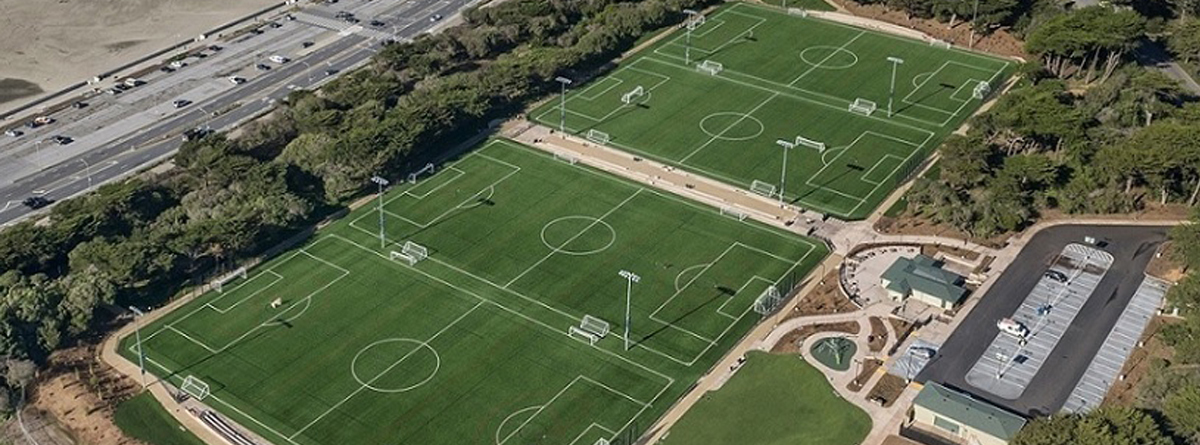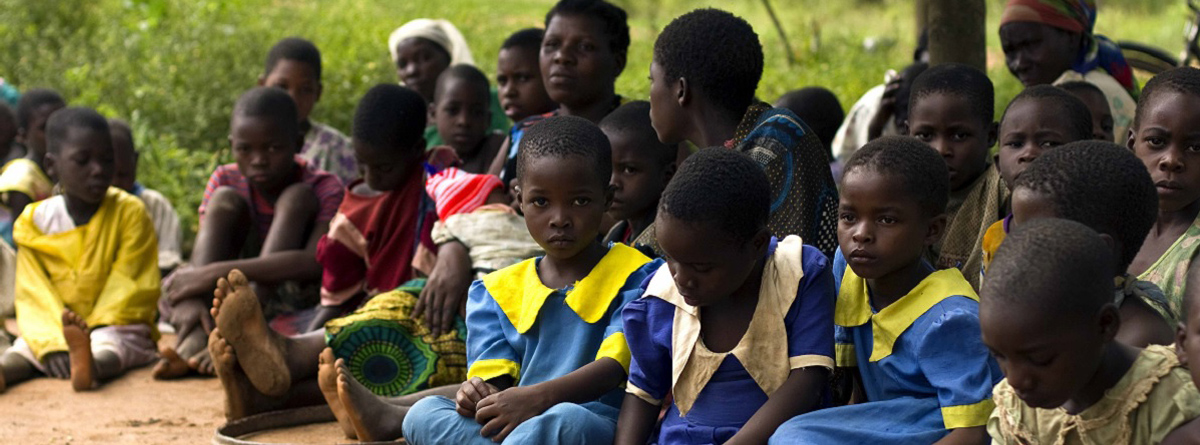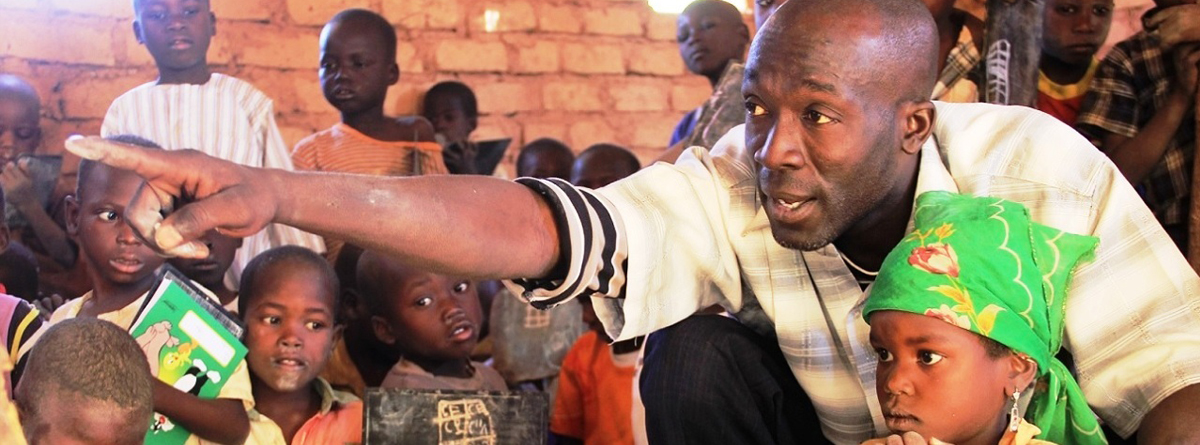
The Diaspora
World Cup
World Cup
|
|
Saudi Arabia
Washington DC – DMV
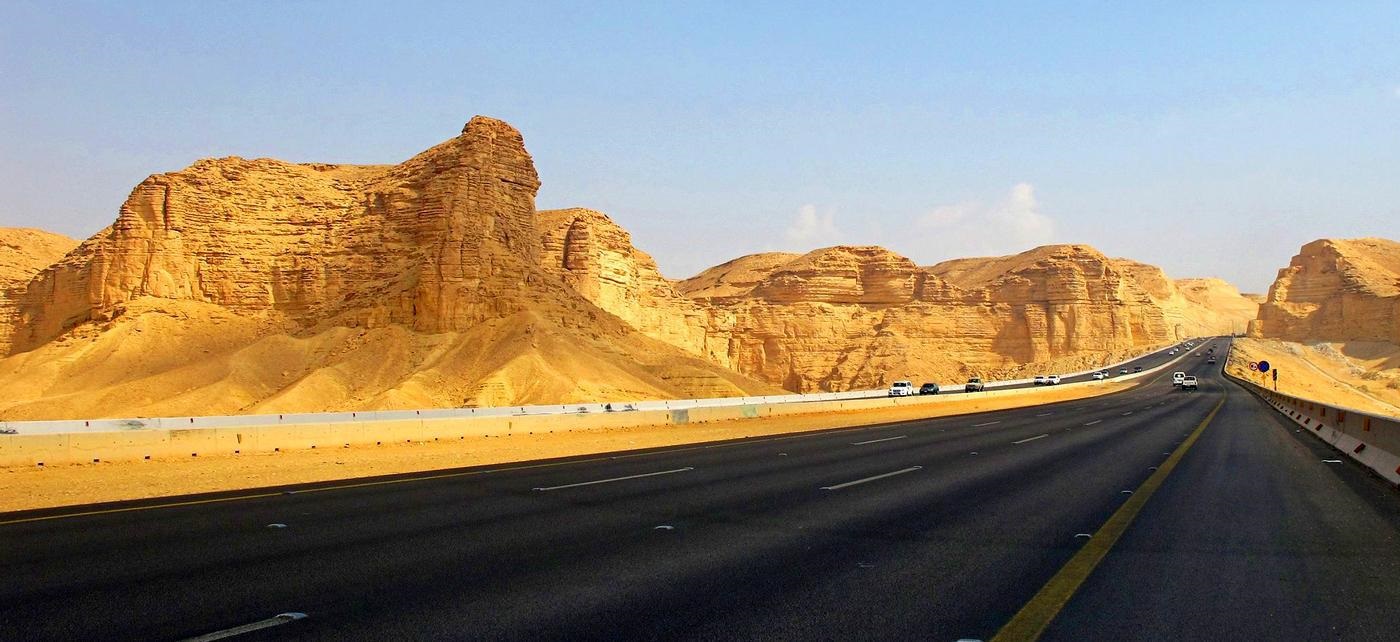
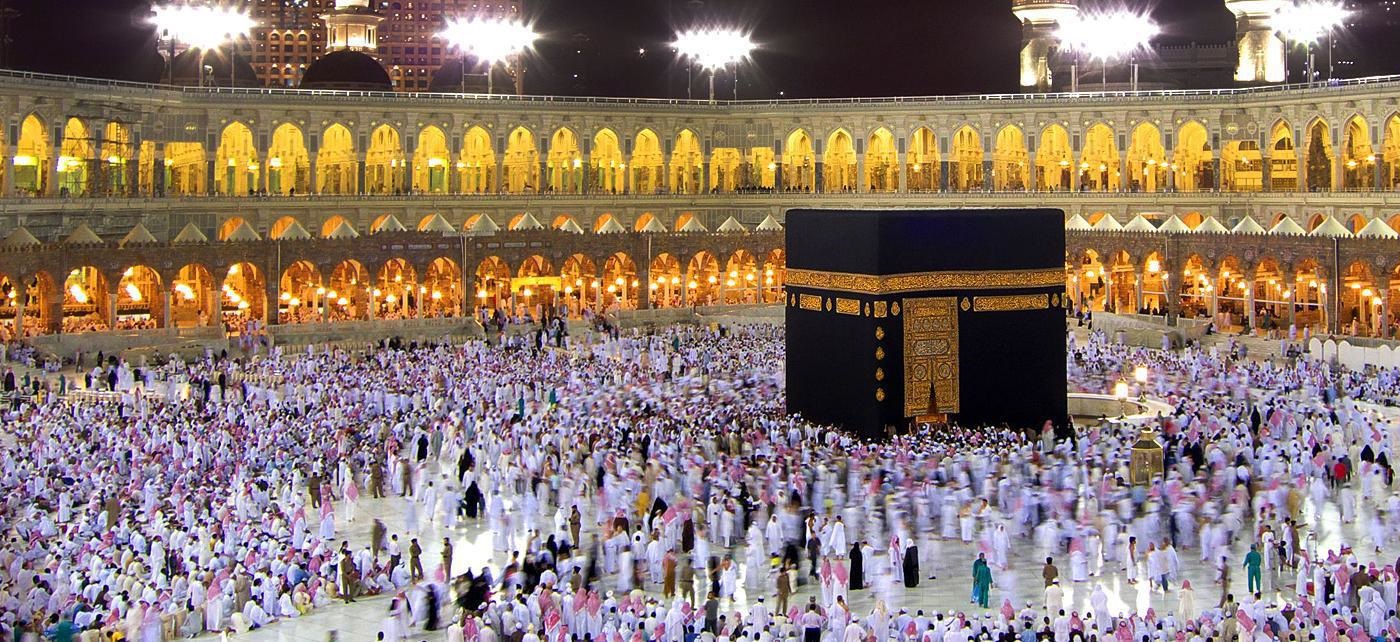
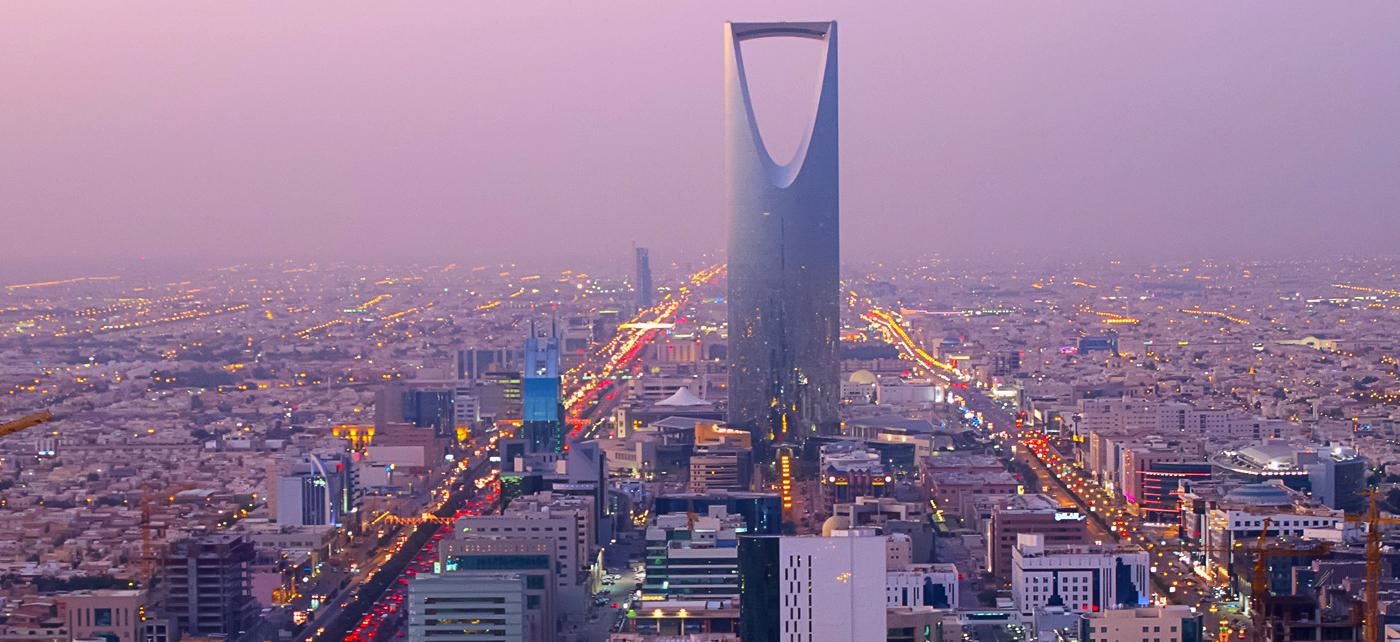
Profil
The Kingdom of Saudi Arabia is the largest country in the Middle East by land area, constituting the bulk of the Arabian Peninsula, and the third-largest Arab country. It is bordered by Jordan and Iraq on the north and northeast, Kuwait, Qatar and the United Arab Emirates on the east, Oman on the southeast, and Yemen on the south. It is also connected to Bahrain by the King Fahd Causeway. The Persian Gulf lies to the northeast and the Red Sea to its west. Saudi Arabia has an estimated population of 25.7 million of which 5.5 million are non-citizens, and its size is approximately 2,149,690 square kilometers (830,000 sq mi).
The Kingdom of Saudi Arabia was founded by Abdul-Aziz bin Saud in 1932, although the conquests which eventually led to the creation of the Kingdom began in 1902 when he captured Riyadh, the ancestral home of his family, the House of Saud, referred to in Arabic as the Al Saud. Saudi Arabia's government takes the form of an Islamic absolute monarchy. The kingdom is sometimes called "The Land of the Two Holy Mosques" in reference to Mecca and Medina, the two holiest places in Islam. The two mosques are Masjid al-Haram (in Mecca), and Al-Masjid al-Nabawi (in Medina).
Saudi Arabia has the world's largest oil reserves and is the world's largest oil exporter. Oil accounts for more than 90% of exports and nearly 75% of government revenues, facilitating the creation of a welfare state. However, human rights groups such as Amnesty International and Human Rights Watch have repeatedly expressed concern about the state of human rights in Saudi Arabia.
In pre-Islamic Arabia, apart from a small number of urban trading settlements, such as Mecca and Medina, located in the Hejaz in the west of the Arabian Peninsula, most of what was to become Saudi Arabia was populated by nomadic tribal societies or uninhabitable desert. The Prophet of Islam, Muhammad, was born in Mecca in about 570. In the early 7th century, Muhammad united the various tribes of the peninsula and created a single Islamic religious polity. Following his death in 632, his followers rapidly expanded the territory under Muslim rule beyond Arabia, conquering huge swathes of territory in a matter of decades. In so doing, Arabia soon became a politically peripheral region of the Muslim world as the focus shifted to the more developed conquered lands.
Saudi Arabia is an absolute monarchy, although, according to the Basic Law of Saudi Arabia adopted by royal decree in 1992, the king must comply with Sharia (that is, Islamic law) and the Quran. The Quran and the Sunna (the traditions of Muhammad) are declared to be the country's constitution. No political parties or national elections are permitted and according to The Economist's 2010 Democracy Index, the Saudi government is the seventh most authoritarian regime from among the 167 countries rated.
Saudi Arabian dress strictly follows the principles of hijab (the Islamic principle of modesty, especially in dress). The predominantly loose and flowing, but covering, garments are suited to Saudi Arabia's desert climate. Traditionally, men usually wear an ankle length shirt woven from wool or cotton (known as a thawb), with a keffiyeh (a large checkered square of cotton held in place by a cord coil) or a ghutra (a plain white square made of finer cotton, also held in place by a cord coil) worn on the head. For rare chilly days, Saudi men wear a camel-hair cloak (bisht) over the top. Women's clothes are decorated with tribal motifs, coins, sequins, metallic thread, and appliques. Women are required to wear an abaya or modest clothing when in public.
The Kingdom of Saudi Arabia was founded by Abdul-Aziz bin Saud in 1932, although the conquests which eventually led to the creation of the Kingdom began in 1902 when he captured Riyadh, the ancestral home of his family, the House of Saud, referred to in Arabic as the Al Saud. Saudi Arabia's government takes the form of an Islamic absolute monarchy. The kingdom is sometimes called "The Land of the Two Holy Mosques" in reference to Mecca and Medina, the two holiest places in Islam. The two mosques are Masjid al-Haram (in Mecca), and Al-Masjid al-Nabawi (in Medina).
Saudi Arabia has the world's largest oil reserves and is the world's largest oil exporter. Oil accounts for more than 90% of exports and nearly 75% of government revenues, facilitating the creation of a welfare state. However, human rights groups such as Amnesty International and Human Rights Watch have repeatedly expressed concern about the state of human rights in Saudi Arabia.
In pre-Islamic Arabia, apart from a small number of urban trading settlements, such as Mecca and Medina, located in the Hejaz in the west of the Arabian Peninsula, most of what was to become Saudi Arabia was populated by nomadic tribal societies or uninhabitable desert. The Prophet of Islam, Muhammad, was born in Mecca in about 570. In the early 7th century, Muhammad united the various tribes of the peninsula and created a single Islamic religious polity. Following his death in 632, his followers rapidly expanded the territory under Muslim rule beyond Arabia, conquering huge swathes of territory in a matter of decades. In so doing, Arabia soon became a politically peripheral region of the Muslim world as the focus shifted to the more developed conquered lands.
Saudi Arabia is an absolute monarchy, although, according to the Basic Law of Saudi Arabia adopted by royal decree in 1992, the king must comply with Sharia (that is, Islamic law) and the Quran. The Quran and the Sunna (the traditions of Muhammad) are declared to be the country's constitution. No political parties or national elections are permitted and according to The Economist's 2010 Democracy Index, the Saudi government is the seventh most authoritarian regime from among the 167 countries rated.
Saudi Arabian dress strictly follows the principles of hijab (the Islamic principle of modesty, especially in dress). The predominantly loose and flowing, but covering, garments are suited to Saudi Arabia's desert climate. Traditionally, men usually wear an ankle length shirt woven from wool or cotton (known as a thawb), with a keffiyeh (a large checkered square of cotton held in place by a cord coil) or a ghutra (a plain white square made of finer cotton, also held in place by a cord coil) worn on the head. For rare chilly days, Saudi men wear a camel-hair cloak (bisht) over the top. Women's clothes are decorated with tribal motifs, coins, sequins, metallic thread, and appliques. Women are required to wear an abaya or modest clothing when in public.
Land Lokalisierung


